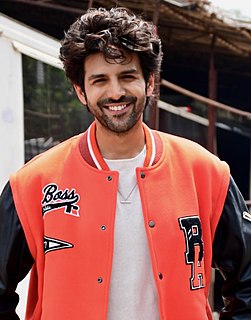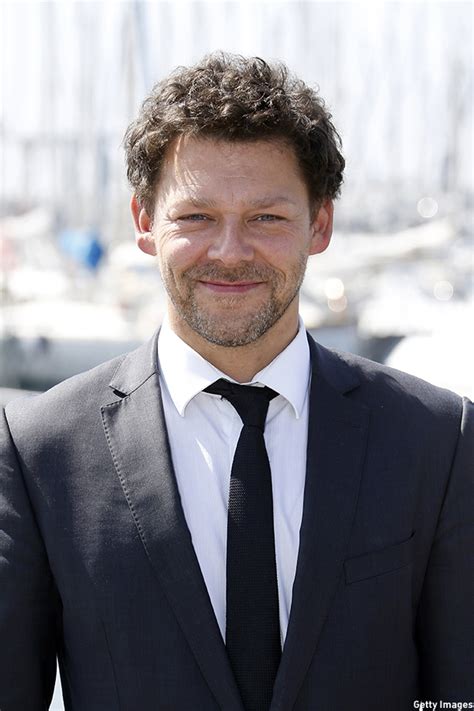A Quote by Robin Hobb
As the character talks and moves, the world around him is slowly revealed, just like dollying a camera back for a wider look at things. So all my stories start with a character, and that character introduces setting, culture, conflict, government, economy... all of it, through his or her eyes.
Related Quotes
I find that’s one of the great things about acting-you have the opportunity to stand in somebody else’s shoes. Each character faces a dilemma in her life, and as an actor you’re able to step into that character’s skin, look through her eyes. You leave transformed, a different person, because once you live a little bit of someone’s life, it changes you.
I believe that every character is a setting, a world with moving parts, and on the other hand, every setting is, in fact, a character - a living breathing thing with personality and backstory. The way stories come to life, at least for me, is when these elements commune in relationship to one another.
When I'm writing, I try to have the mask of my character on as I'm walking through the world. When I'm not at my desk, the rest of the time, I try to stay in that character and see the world the way that character would It's almost like method acting in a way — keeping the character close the way the actor keeps a script close and always tries to be in character.
I never like to judge the character. I just have to leave my feelings of pity, or fear, about a character - whatever I feel towards the character, I try to leave to one side. It's good to have them, but it doesn't help me. I can't act those things. I just to play the character as truthfully as I can.
If you do a black character or a female character or an Asian character, then they aren't just that character. They represent that race or that sex, and they can't be interesting because everything they do has to represent an entire block of people. You know, Superman isn't all white people and neither is Lex Luthor. We knew we had to present a range of characters within each ethnic group, which means that we couldn't do just one book. We had to do a series of books and we had to present a view of the world that's wider than the world we've seen before.
When you start digging into things like character, though, the notion that people have high character or low character is very strong. What's crazy is that my thinking is not a new insight. The very first large-scale study of character, still one of the largest ever, was done in the early 1900s by Hugh Hartshorne, an ordained minister and a scientist.





































